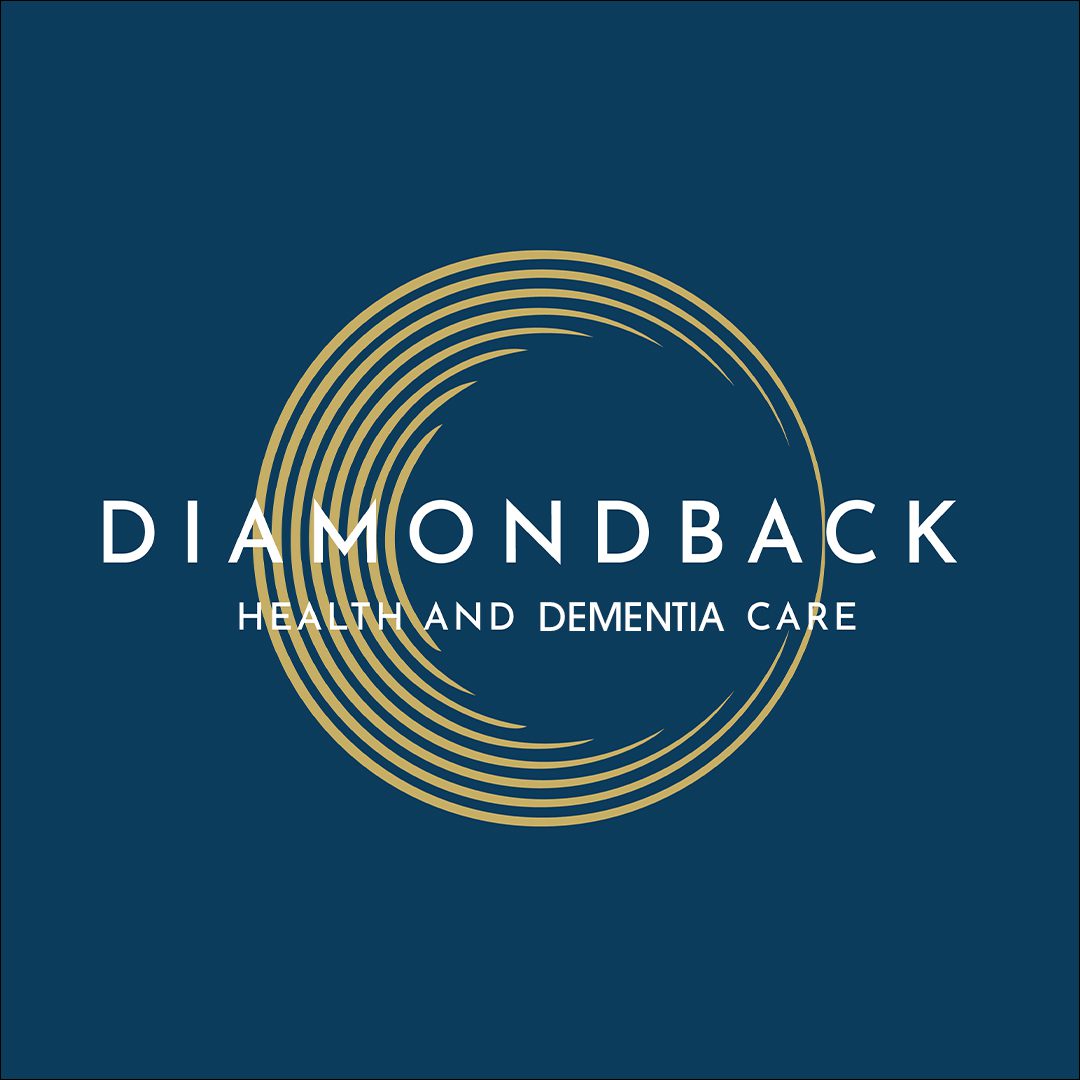Providing support and care to a loved one can be deeply fulfilling, but it can also be emotionally and physically demanding. This is especially true as the patient’s health declines and they become more dependent. Respite care may be the best option for the patient and caregiver, as it takes the burden off the caregiver while maintaining a high level of care for the patient.
What Is Respite Care?
Respite care is temporary care that gives the caregiver time to rest and recharge from the responsibilities of caring for a loved one. You can choose the length of respite care, which typically ranges from a few days to a few weeks. This type of patient care can happen in the home, at day centers, or in residential facilities like Diamondback Health and Memory Care.
How Do Doctors Determine a Patient Needs Respite Care?
Healthcare professionals usually work with the patient and caregiver to decide if respite care is appropriate by:
- Performing a caregiver assessment. The medical professional will review the mental and physical state of the caregiver. They look for signs of caregiver burnout like exhaustion and stress-related health issues in the caregiver.
- Assessing the patient. Reviewing the patient’s current condition and required level of care weighs heavily into the decision to recommend respite care.
- Having a conversation. The doctor will ask the caregiver and patient questions to round out the decision-making process. Does the caregiver seem overwhelmed? Do they need a break? Does the patient require more advanced care than the caregiver can provide? These answers help the professional decide if respite care is the most supportive option.
Choosing a Respite Care Provider
Any medical decision can be emotionally difficult for the patient and caregiver. Both obviously want each other to be healthy, safe and comfortable. Take your time in deciding what type of respite care best fits your needs by researching local respite care options.
Determine if in-home care, a day center, or a living facility would be the best choice. Once you’ve narrowed this down, look into each facility’s reputation. Read online reviews, explore the services they offer, and understand the costs involved. Interview in-home care options, and visit day centers and living facilities. Ask plenty of questions.
Researching, interviewing, and visiting your options will help you make a choice that you are comfortable with, which can help ease the transition and reduce the stress of the situation.
Choose Diamondback Health and Memory Care for Your Respite Care Living Facility
Respite care can be the best choice for an overwhelmed caregiver and/or patients whose needs are increasing. This choice is not a sign of weakness — it’s a sign of love that helps both people stay healthy and cared for.
Diamondback Health and Memory Care provides highly-trained, compassionate staff in comfortable surroundings with personally tailored programs. We would love to talk with you about your respite care needs. Contact us today with questions or to make an appointment.
